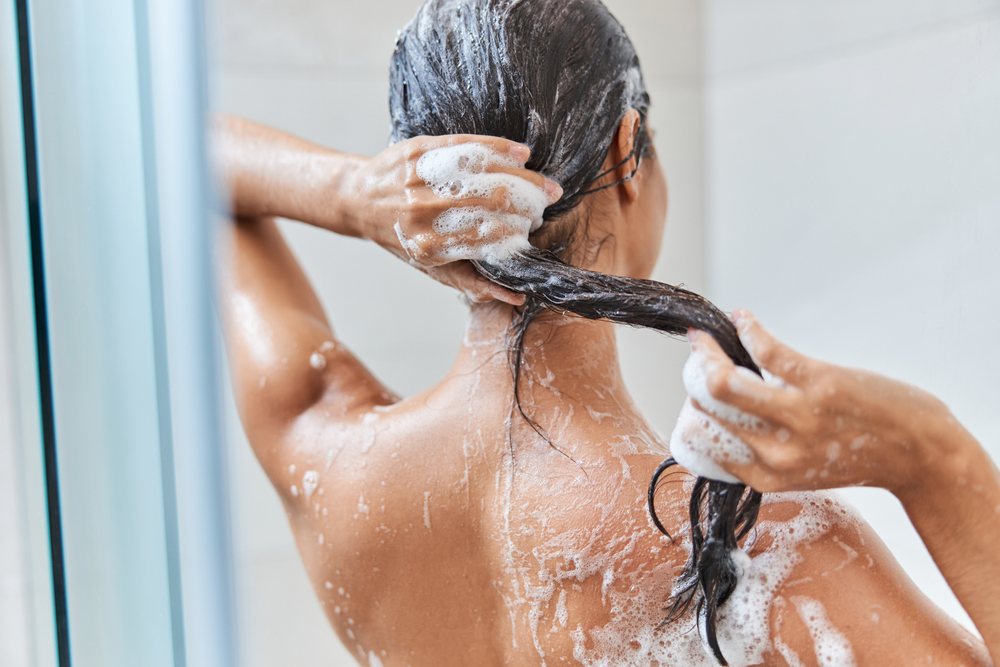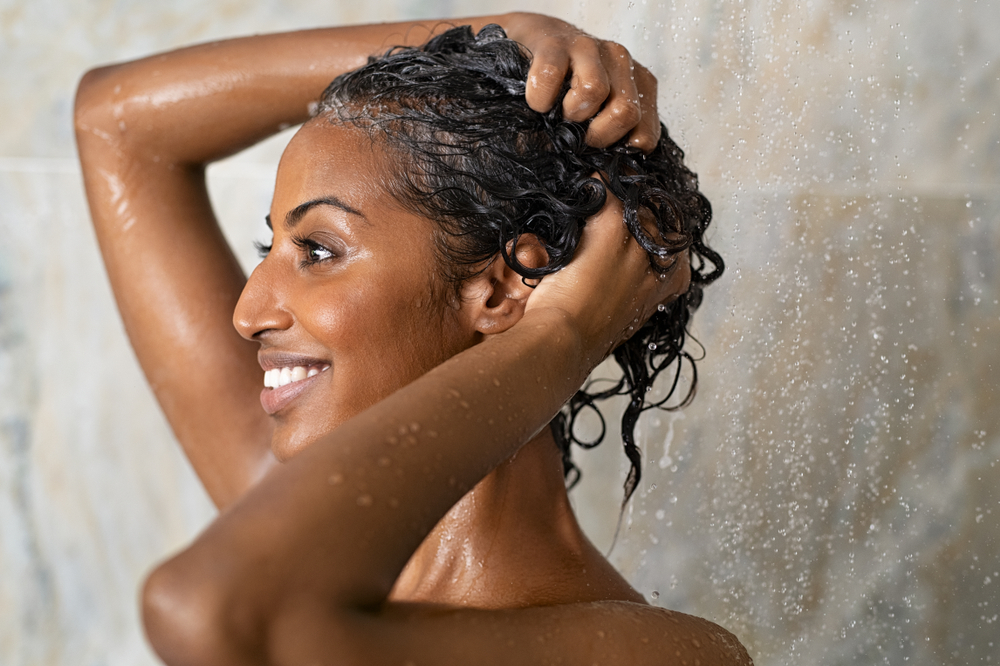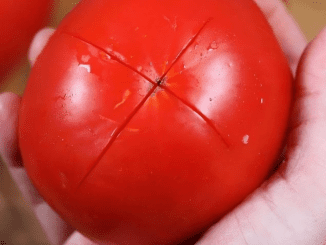Washing your hair is something most of us do regularly, but how often should it really be done? With so many trends and expert opinions circulating, it can feel like you’re constantly second-guessing your hair care routine. Some swear by daily washes, while others barely touch the shampoo bottle. If you’re confused about whether you’re washing your hair enough, it’s time to hear what the professionals have to say—because your scalp’s health might be at stake.
Is Washing Your Hair Every Day Too Much?

For many people, there’s no better feeling than freshly washed hair. However, washing your hair every day may be doing more harm than good. Dr. Joshua Zeichner, a dermatologist and director of cosmetic and clinical research at Mount Sinai Hospital, explains that daily washing can strip the hair of its natural oils. These oils play a crucial role in keeping your scalp healthy and your hair moisturized.
“Over-washing can make the hair dry, brittle, and lead to scalp irritation,” Dr. Zeichner warns. The more you wash, the more you risk disturbing the balance of healthy oils your scalp needs. So while daily washing might make you feel cleaner, it could actually be damaging your hair over time.
The Importance of Washing Your Hair Regularly
On the flip side, skipping too many wash days isn’t a good idea either. Dr. Jenny Liu, a board-certified dermatologist, shared on TikTok that going too long between washes can be detrimental. According to Dr. Liu, “You should never go more than a few days without washing your hair.” This goes against the popular belief that you can ‘train’ your hair to not get greasy if you stop washing it often.
Skipping regular washes allows dead skin cells, sebum (your scalp’s natural oil), and environmental dirt to accumulate. This buildup can lead to the growth of Malassezia yeast—a fungus that contributes to dandruff and inflammation. Dr. Liu adds, “Sebum sitting on your scalp causes oxidative stress, which leads to inflammation—a poor environment for hair growth.” In other words, keeping your scalp clean is essential for maintaining healthy hair.
Why Washing Too Often Can Also Be Harmful
While maintaining scalp cleanliness is important, washing your hair too frequently can have its drawbacks. Perry Romanowski, a cosmetic chemist and co-founder of The Beauty Brains, explains that wet hair swells and becomes more vulnerable to damage. “The process of moving shampoo around in your hair can damage the cuticle, the outer layer of hair,” Romanowski says. When the cuticle is damaged, hair looks dull and becomes prone to breakage.
For people with fragile hair, frequent washing can lead to long-term damage. Dr. Elizabeth Hughes, an integrative dermatologist, explains, “Some people with very fragile hair may need to wash their hair every other week to avoid damage.” Ultimately, how often you should wash your hair depends on its texture, fragility, and how oily your scalp is.
Determining Your Ideal Hair-Washing Frequency
There’s no one-size-fits-all approach to hair washing. The ideal frequency depends on your hair type, lifestyle, and scalp condition. If you have an oily scalp or sweat often, washing every day or every other day might be necessary. However, for people with drier scalps or curly hair, less frequent washing may be the better option.

Hairstylist Kasey Bertucci, co-founder of Salon 120 West in Boston, recommends that those with oily scalps should wash their hair every two to three days. Meanwhile, people with curly or textured hair can wait five to seven days between washes. The American Academy of Dermatology suggests that people with tight curls or textured hair should only wash their hair once a week or even every other week.
Why Your Scalp Matters More Than You Think
The health of your hair is directly tied to the health of your scalp. Neglecting your scalp—whether by washing too little or too much—can lead to issues like hair loss, dryness, and irritation. If your hair is thinning, Dr. Liu stresses the importance of keeping your scalp clean to promote growth. “Healthy hair starts with a healthy scalp,” she says.
Pay attention to your scalp’s needs. If it’s itchy or flaky, that could be a sign of buildup that needs addressing. On the other hand, if your scalp feels dry or tight after washing, you may need to reduce how often you’re using shampoo.
Expert Hair-Washing Tips for Different Hair Types

- Thin or Fine Hair: People with fine hair often find their scalp gets oily faster than others. It’s essential to wash more frequently—every other day is ideal—but be cautious of products that contain ingredients like dimethicone, which can weigh down the hair and cause buildup.
- Curly or Textured Hair: Those with curly or textured hair should wash less frequently to retain natural oils. Using sulfate-free shampoos and deeply moisturizing conditioners will help maintain softness and prevent breakage.
- Color-Treated Hair: If your hair is dyed, avoid frequent washes and opt for sulfate-free products to preserve your color. Over-washing color-treated hair can strip away the dye, making it fade faster.
- Dandruff-Prone Scalps: Anti-dandruff shampoos should not be used every day. Dr. Liu recommends using them two to three times per week, allowing the active ingredients to work without drying out the scalp.
What Happens If You Don’t Wash Your Hair Enough?
Failing to wash your hair regularly leads to more than just greasy roots. The buildup of oils, sweat, and environmental pollutants can irritate your scalp, clog your hair follicles, and result in unwanted skin conditions like dandruff or seborrheic dermatitis. Long-term neglect can also affect hair growth, as an inflamed scalp isn’t the best environment for healthy follicles to thrive.

Dr. Zeichner explains, “Not washing your hair often enough can lead to problems like scalp infections, odor, and excess buildup, which blocks hair follicles and impacts hair health.”
Conclusion: Finding the Balance in Your Hair-Washing Routine
The key to maintaining healthy hair is finding the right balance between washing enough to keep your scalp clean and not overdoing it to the point where your hair becomes dry and damaged. Everyone’s hair is different, and it may take some trial and error to find the perfect routine.
Start by paying attention to your scalp and hair texture. If your scalp gets oily quickly, wash more often. If your hair feels dry and brittle, consider cutting back on how frequently you shampoo. And remember, scalp care is just as important as hair care—keeping your scalp clean and healthy is the foundation for beautiful, strong hair.


